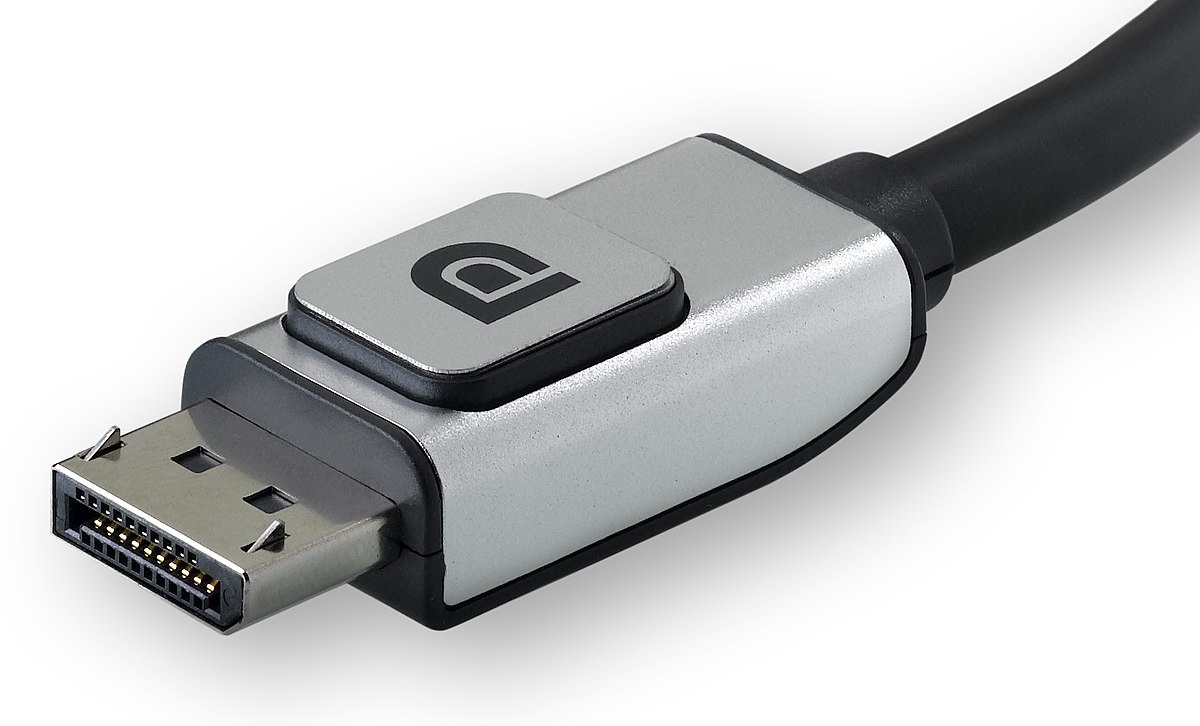- Joined
- Jan 27, 2020
- Messages
- 58 (0.03/day)
- Location
- Beltino Orbital Gate
| System Name | Absolution |
|---|---|
| Processor | Ryzen 7 5800X3D |
| Motherboard | MSi X570-A PRO |
| Cooling | Dark Rock Pro 4 |
| Memory | 64GB (0+32+0+32) 3600 CL16 |
| Video Card(s) | Dell 3090 24GB |
| Storage | 2TB PCIE4 NVME + 2TB SATA SSD + 3TB HDD |
| Display(s) | Two 1080p 60hz hdmi |
| Case | Antec Three Hundred Two |
| Audio Device(s) | X-Fi Titanium HD |
| Power Supply | 1000w EVGA T2 |
| Mouse | Dell OEM USB |
| Keyboard | Dell OEM USB |
| VR HMD | Valve Index + 3 Trackers |
| Software | Windows 11 Pro |
Hello friends,
I have a video card that only has mini-DisplayPort outputs.
Can this cause issues such as increased latency / limited framerate or resolutions when I use an adapter to go to HDMI?
Thanks!
I have a video card that only has mini-DisplayPort outputs.
Can this cause issues such as increased latency / limited framerate or resolutions when I use an adapter to go to HDMI?
Thanks!
Last edited:



